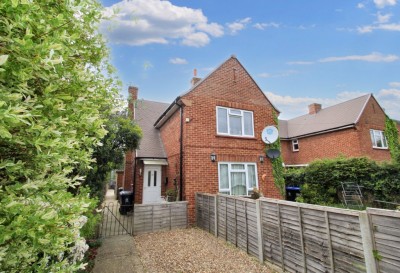Almost half (45%) of first-time buyers purchased their property with help from a government scheme.
This is according to a new survey by Uswitch of 2,000 UK first time buyers (over the past two years).
The most common scheme used was the First Homes scheme (36%), followed by a Lifetime ISA (29%).
Uswitch mortgage expert Kellie Steed comments: “When people think about first-time buyer schemes, their mind often jumps to Help to Buy. But the Help to Buy equity loan scheme is no longer available in England, Northern Ireland or Scotland, although those in Wales who are eligible can still apply”.
Steed said about the First Homes scheme, which was the most popular amongst survey respondents. “Offering a 30 to 50% discount on the market value of a property, it may help those struggling to make that leap onto the property ladder due to affordability. However, there are limitations on the type of properties you can purchase, and certain eligibility criteria apply.”
The second most common purchase method was buying with a ‘traditional’ mortgage (44%). The majority (38%) of first-time buyers who bought a house with a mortgage opted for a standard variable-rate mortgage, or a fixed-rate mortgage (32%).
Some 34% of first-time buyers got help from their parents to get on the property ladder, with 24% getting a loan from their parents for the deposit, and 10% of buyers’ parents gifting them money towards their purchase.
In terms of ownership, the survey also revealed that almost half (48%) of first-time buyers are the sole property owners, while 33% bought with a partner.
Despite almost half of first-time buyers purchasing with a mortgage, only 7% were aware of the mortgage admin fee prior to securing their mortgage.
In addition, 79% were unaware of stamp duty costs, for which the government have implemented a first-time buyer stamp duty relief measure in England and Northern Ireland – if buying a property up to £425,000, you don’t have to pay stamp duty.[3]
Just less than half (45%) were aware of approximate survey costs and only 40% were aware of conveyancing fees.








